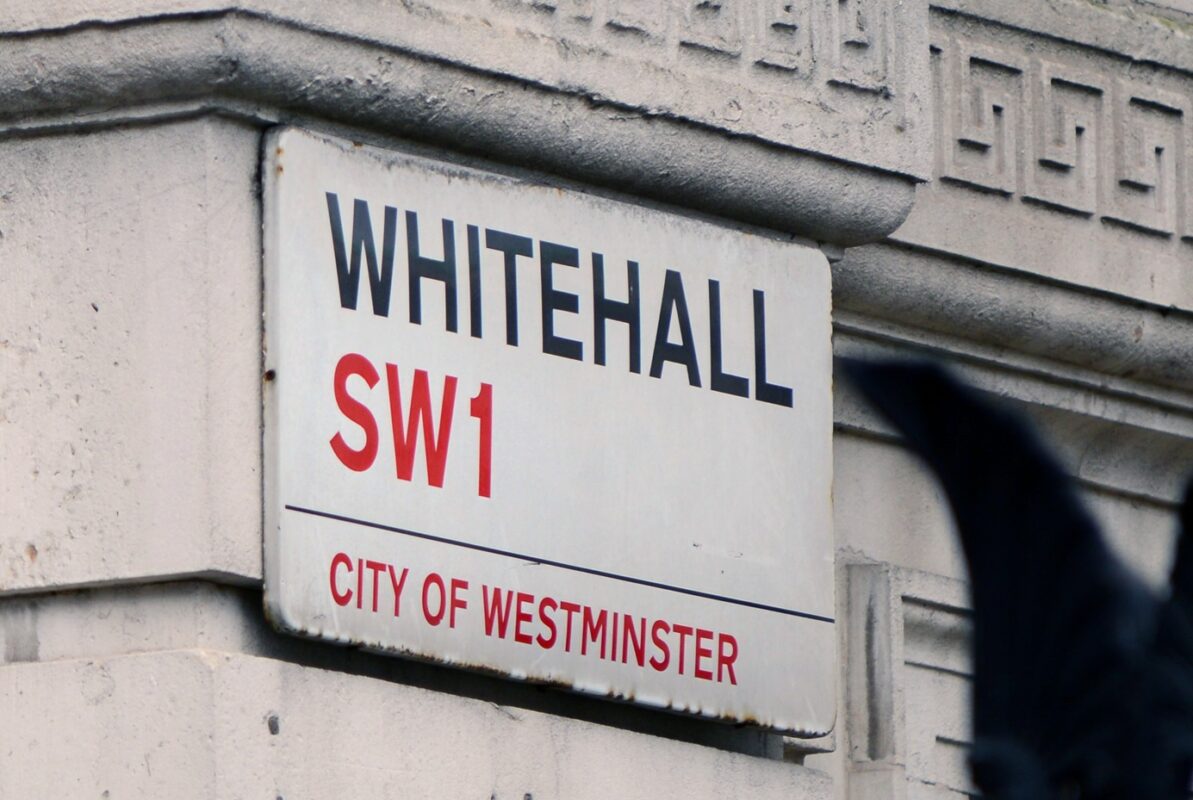
The Department for Business, Energy and Industrial Strategy (BEIS) has refused to commit to a more precise timescale for the publication of its eagerly anticipated emissions reduction plan.
The forthcoming emissions reduction plan, which will establish how the government intends to meet the targets laid out in the fifth carbon plan, was originally scheduled to be published before the end of last year but was nudged back into 2017.
This was followed in October 2016 by BEIS permanent secretary Alex Chisholm telling an audience at an event organised by the Aldersgate Group that he expected the document to be published “by the end of February”.
.@beisgovuk PermSec Alex Chisholm expects Emissions Reduction Plan to be published by end of Feb 2017 @CommonsBEIS #ERP #climate
— Aldersgate Group (@AldersgateGrp) October 18, 2016
By December its intended publication date had grown more ambiguous with business and energy secretary Greg Clark referring to a deadline of at some point “in the new year”.
Greg Clark says in the new year he will set out longer-term approach to energy – including mini-nukes – in light of new carbon plan.
— Emily Gosden (@emilygosden) December 14, 2016
But when the government published its industrial strategy earlier this week, the only time frame mentioned in relation to the emissions reduction plan was “during 2017”, hinting that the government would no longer meet previously-set deadlines.
This was again reinforced in the government’s response to the Energy and Climate Change Committee’s fourth special report, sent in December 2016 but only made public earlier this week, which specifically referenced the plan but gave no details as to when it was to be released.
“We recognise the Emissions Reduction Plan will form an important signal to the markets, businesses and investors. We want to invest the time now to undertake critical preparatory work to ensure we get this right. This includes engaging across businesses, industry and other stakeholders on the shared challenge of moving to a low carbon economy,” the response stated.
When contacted by Solar Power Portal, BEIS refused to commit to a specific timetable and instead discussed the scope of work that is being conducted to inform it.
“Our emissions reduction plan which will set out how we will reduce emissions through the 2020s and send an important signal to the markets, businesses and investors.
“We are investing the time now to undertake critical preparatory work to ensure we get this right. This includes engaging across businesses, industry and other stakeholders on the shared challenge of moving to a low carbon economy,” a spokeswoman said.
Tweeting about the news, shadow climate change secretary Barry Gardiner labelled any further delays a “disgrace” and mentioned how the relevant legislation stipulates that the plan should be published “as soon as reasonably practicable”.
Disgrace
The Legislation stipulates the plan should be published "as soon as reasonably practicable" after the Carbon budget was set in 2011 https://t.co/yHnN0owlE4— Barry Gardiner (@BarryGardiner) January 23, 2017
The emissions reduction plan is not the first energy-related government document to face continual delays in the last year. The smart power call for evidence, used to gather industry insight into the development of a future grid network capable of incorporating emerging technologies such as storage, was revealed to have been ready for publication as early as May 2016 but was held back for six months owing to the Brexit referendum.

